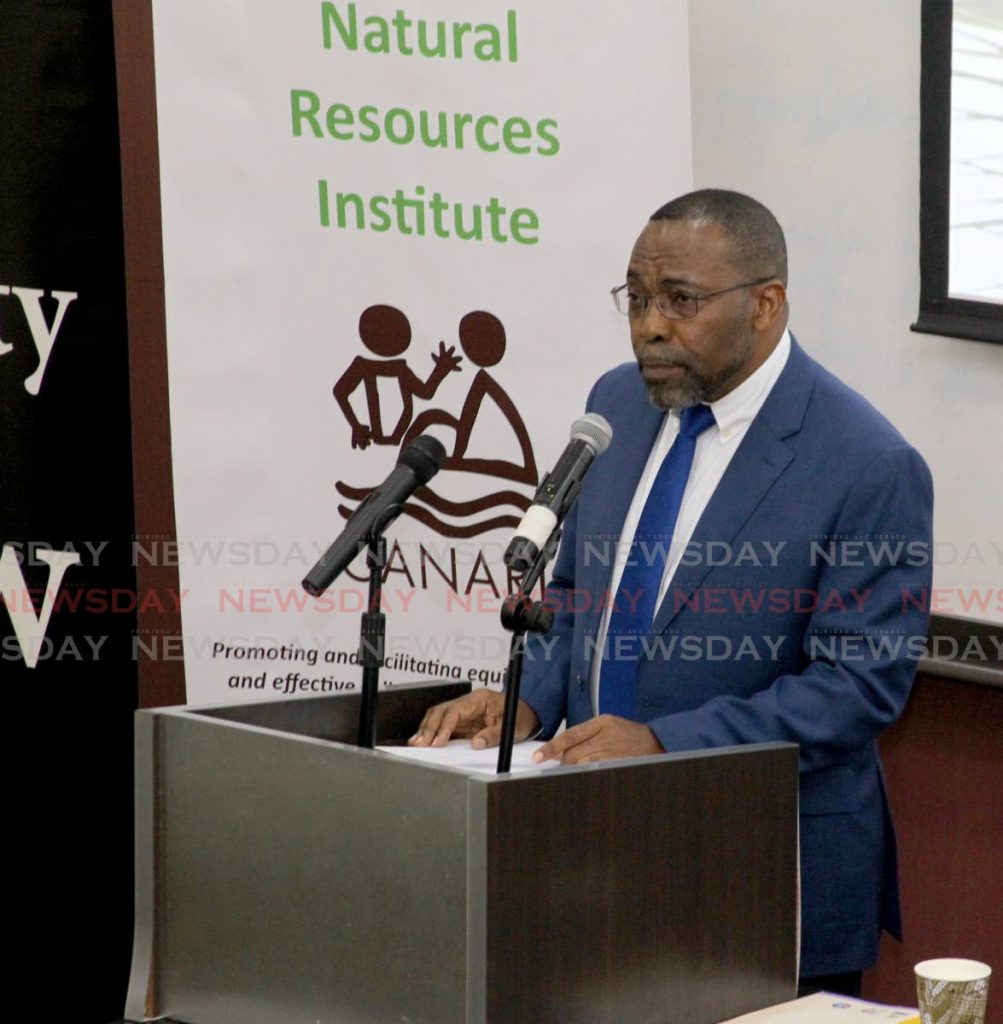UN official urges region to adopt environmental laws

Justice Winston Anderson, one of the founding members of the International Advisory Council to the United Nations, believes the Escazu agreement can help to significantly strengthen the mechanisms for Caribbean governments to participate in environmental governance.
At a lecture held at the University of the West Indies, St Augustine, on January 23, Anderson explained the ways in which the agreement could strengthen environmental law in the Caribbean and joined the Caribbean Natural Resources Institute, the Cropper Foundation, EquiGov Institute and Environment Tobago in urging Caribbean governments to join in signing the agreement.
Anderson said the agreement was rooted in principle ten of the Rio Declaration on Environment and Development of 1992, which says environmental issues are best handled with the participation of all concerned citizens.
“The Escazu agreement matters to the Caribbean because it affirms and strengthens the region’s commitment to respecting the environmental rights of its citizens.”
He said the agreement affirms the Caribbean’s long-standing tradition of committing to environmental rights, as the region is among the pioneers in the elaboration of rights at regional and international levels.
He said while the Rio Declaration is well known, the region signed an accord to manage and conserve the Caribbean’s environment three years before the declaration. He added that the agreement also allows for important references to the right to information, participation and justice.
“In the early days of the environmental movement, before the emergence of environmental legislation, planning laws were used to advance environmental protection. These laws are now to be combined with specific legislative effect to the right of access to information.”
Anderson said the signing of the agreement will strengthen the adherence to sustainable development goals and the advancement of human rights as reflected in the 2030 UN Agenda for Sustainable Development. He also said the agreement challenges the region to engage in new means for environmental protection.
“It is probably true to say that, if used properly, the Escazu agreement can become a tool for Caribbean development.”
The Escazu agreement opened to the 33 countries of Latin America and the Caribbean from September 27, 2018 to September 26 this year. So far, 21 countries have signed and five have ratified the agreement and made it official policy.
Although TT participated in negotiations, it has not signed or ratified the treaty.

Comments
"UN official urges region to adopt environmental laws"